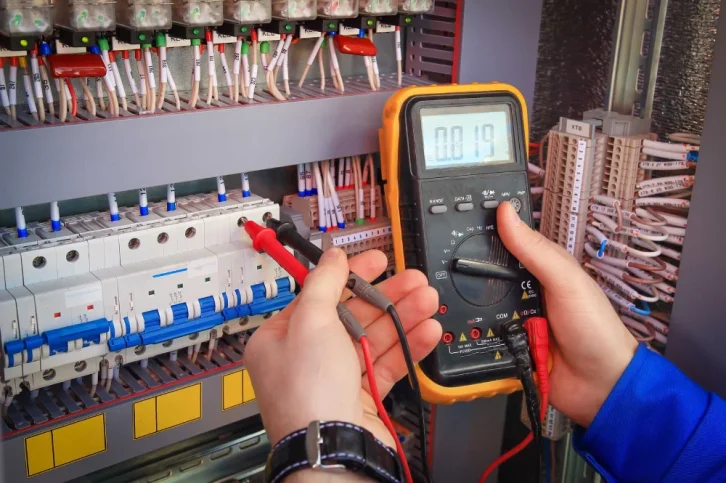
Electrical Testing
Electrical testing is a comprehensive and highly structured process designed to evaluate the performance, safety, and reliability of electrical systems, components, and devices. The purpose of this testing is not only to ensure that equipment is functioning correctly, but also to verify that it complies with national and international safety regulations and quality standards. Additionally, we identify potential faults and inefficiencies to prevent accidents, enhance operational efficiency, and ensure uninterrupted performance.
What is its working procedure:
Preparation & Safety Checks
The equipment or system to be tested is identified and isolated if necessary. Here we follow safety protocols (grounding, wearing protective gear) to ensure power is off.
Visual Inspection
Conducting a thorough inspection of wires, circuits, connectors, and devices to identify any signs of visible damage, loose connections, overheating, and tear.
Selection of Testing Method
Different types of tests are performed depending on continuity testing, insulation resistance testing, high voltage testing, earth / ground resistance testing, polarity testing etc.
Use of Testing Instruments
Specialised devices are used, such as multimetre, insulation tester / megger, oscilloscope, earth resistance tester, high-voltage test set, and many more (if required).

